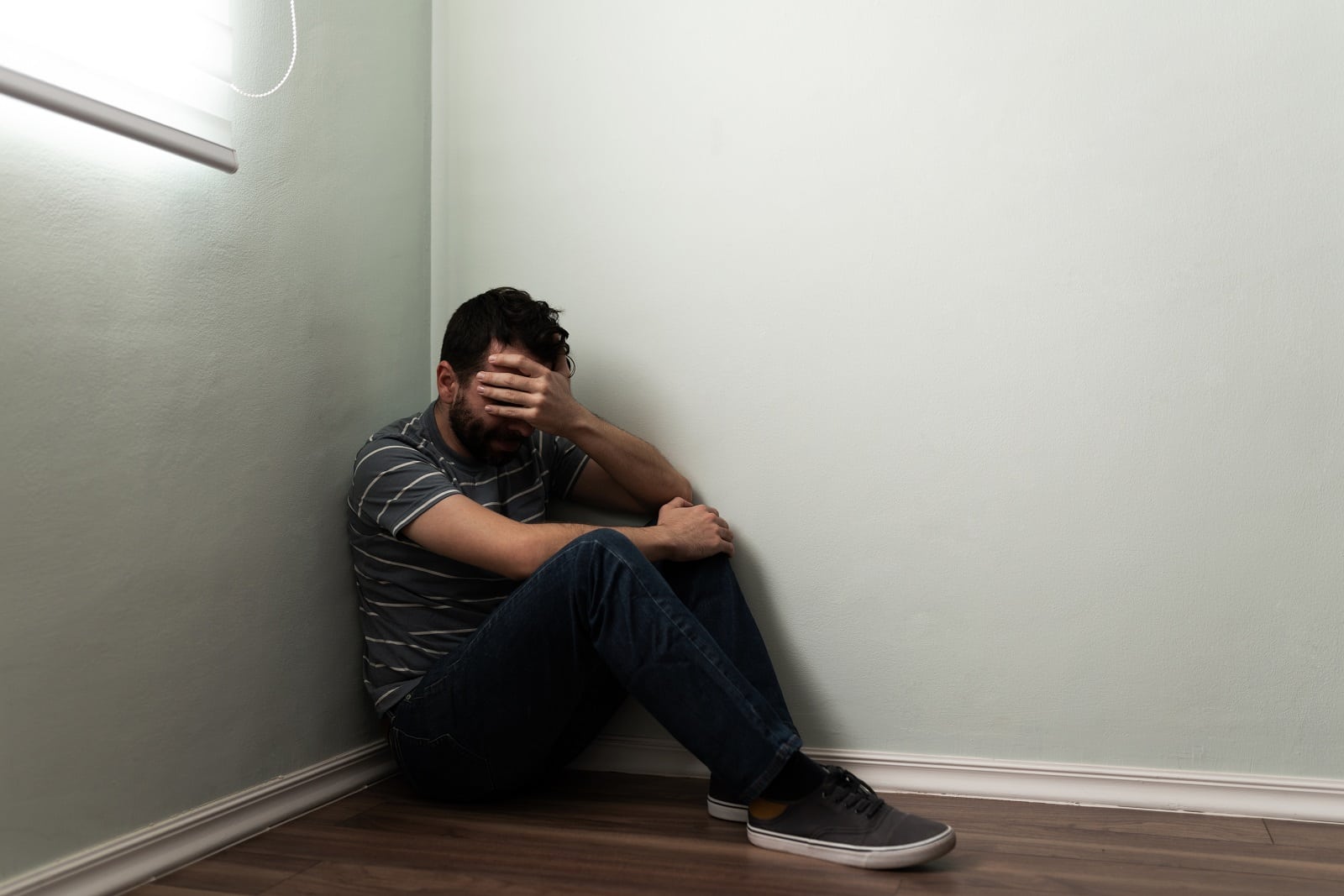Oregon officials are contemplating a rollback of key provisions from the 2021 initiative, Measure 110, which aimed to decriminalize heroin and fentanyl.
Reevaluating the Impact of Measure 110

The initial rationale behind the liberal experiment was to facilitate easier access to treatment for drug addicts.
Shifting Public Opinion

While Measure 110 was initially supported by 58 percent of voters in November 2020, recent data from an Emerson College poll indicates a significant shift in public sentiment.
56% of Voters Would Back a Repeal

The latest figures reveal that 56 percent of voters would now back a repeal of the measure, signifying a substantial change in perception.
Concerns from Business Owners

Matt Siegmund, owner of Gardner Floor Covering in Eugene, shared his concerns about the impact of Measure 110 on his business. “It has been pretty awful,” he said.
Increases in Belligerence, Defecation, and Urination

He noted changes in the behavior of the homeless population, including increased belligerence, defecation, and urination around his store.
Sweeping Away Homeless For Staff

Siegmund emphasized the challenges faced by business owners due to the altered dynamics, “For the last three weeks, police have been sweeping the homeless people away so I and my staff can come to work.”
Ticketing System and Treatment

Under Measure 110, people with an addiction receive “tickets” for drug offenses, resulting in $100 fines. The penalty can be waived if the addict contacts a self-help line and seeks treatment.
The Approach Isn’t Working

However, the effectiveness of this approach has come into question, as only a small percentage of those ticketed engaged with the self-help line.
Lack of Successful Examples

Eugene’s Police Chief, Chris Skinner, said the limited success of the measure, stating that there is not a single successful example of someone transitioning from a citation to self-assessment and addiction services leading to wellness.
6,000 Tickets And Less Than 125 Called For Help

6,000 people were ticketed in Oregon, but fewer than 125 rang the self-help line. Skinner expressed concerns about the rising rates of overdose calls and deaths in Oregon.
Police Support for Reversal

While not advocating for a complete reversal of Measure 110, police officials are supporting the idea of making drug possession a criminal offense again.
Addicts Would Need Compulsory Treatment

This shift would compel addicts to undergo compulsory treatment, addressing some of the challenges posed by the decriminalization measure.
Warning of Overdose Records

Chief Skinner warned that Oregon is on track to break records for overdose calls for service and overdose deaths.
Increased Need For Narcan

The increased use of life-saving Narcan by police officers and firefighters reflects the urgency of the situation.
Potential Ballot Measure

While police are not pushing for a complete reversal, there is potential for a ballot measure next year that could re-criminalize hard drugs.
The post Oregon on Track to Break Overdose Records, Police Chief Warns first appeared on Wealthy Living.
Featured Image Credit: Shutterstock / Prilutskiy. The people shown in the images are for illustrative purposes only, not the actual people featured in the story.





